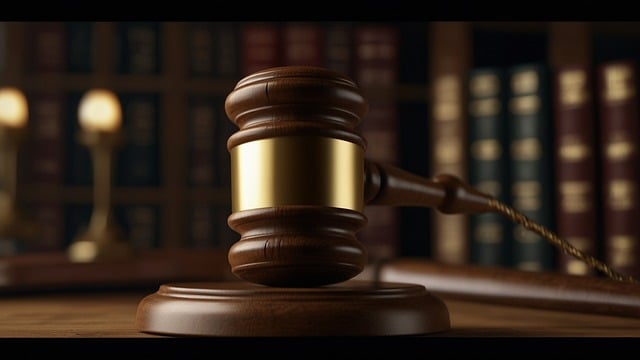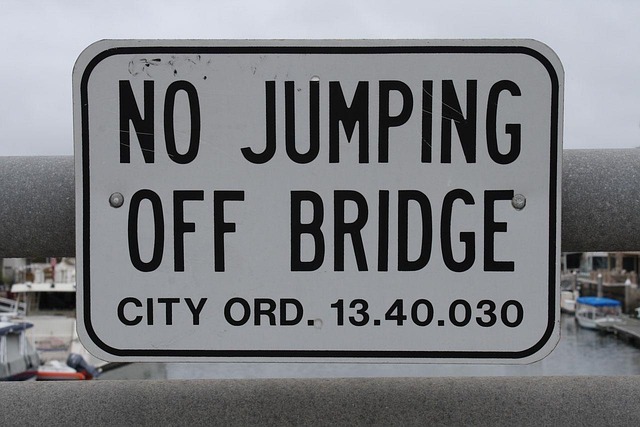Contempt of court, a serious legal issue with civil and criminal aspects, arises from willful disobedience of judicial orders. Understanding the nature of contempt, whether civil or criminal, is crucial for individuals and professionals to navigate enforcement procedures effectively. Legal strategies involve documentation, strategic filings, and arguments based on case law and statutes. Contempt citations, fines, imprisonment, and injunctions are potential outcomes, emphasizing deterrence and proportionality. Facing charges requires gathering evidence and understanding rights, with legal counsel aiding navigation through complex procedures, ensuring a robust defense centered around effective contempt legal strategies.
Explore the intricate world of contempt enforcement procedures through this comprehensive guide. From understanding the nuances of contempt of court—its definitions, types, and implications—to mastering legal strategies for establishing it, we delve into key aspects. Learn about effective enforcement procedures, including available remedies and the court’s powers, as well as robust defenses against contempt charges. Discover practical insights that equip individuals and organizations with the knowledge to navigate these complex legal landscapes, emphasizing the importance of adhering to judicial mandates.
- Understanding Contempt of Court: Definitions and Types
- Legal Strategies for Establishing Contempt
- Enforcement Procedures: Remedies and Powers of the Court
- Defending Against Contempt Charges: Rights and Defenses
Understanding Contempt of Court: Definitions and Types

Contempt of court is a legal concept that can have significant implications, especially for those who fail to comply with judicial orders. It refers to the willful failure or refusal to obey a court order or rule. Understanding contempt is crucial when considering effective legal strategies for enforcement. There are two primary types: civil and criminal contempt. Civil contempt involves non-compliance with an order designed to benefit another party, often resulting in fines or imprisonment until compliance is achieved. Criminal contempt, on the other hand, is more severe and occurs when someone willfully disregards a court’s authority, potentially leading to harsher penalties.
Knowing these definitions and types is essential for individuals and legal professionals alike, as it enables them to navigate the complexities of contempt enforcement procedures. By understanding the nature of the alleged contempt, legal strategies can be tailored to mount a defense or ensure compliance, ultimately avoiding severe consequences.
Legal Strategies for Establishing Contempt

Establishing contempt is a critical step in ensuring compliance with court orders and maintaining judicial authority. Legal strategies for this process are multifaceted, involving a combination of procedural moves and persuasive arguments. One key approach is to meticulously document evidence of non-compliance, including any willful or intentional disregard for a court order. This may include affidavits, witness testimonies, and financial records that demonstrate the respondent’s ability and refusal to adhere to the mandated actions.
Additionally, legal professionals can employ strategic filings and motions, such as applications for enforcement or contempt hearings, to bring the issue before the court. These filings should be comprehensive, articulating specific allegations and providing a clear narrative of the respondent’s obligations and subsequent breaches. Effective use of case law and statutory provisions relevant to contempt can further strengthen the argument, offering precedential support for the enforcement action.
Enforcement Procedures: Remedies and Powers of the Court

Contempt enforcement procedures are a crucial aspect of maintaining justice and ensuring respect for court orders. When a party fails to comply with a court order, the court has various remedies and powers at its disposal. These legal strategies aim to deter future non-compliance and enforce the order effectively.
The court may issue contempt citations, which can lead to fines or even imprisonment, depending on the severity of the breach. Additionally, they can grant injunctions or other equitable remedies to prevent further contumacy. The specific enforcement actions taken are tailored to the nature of the contempt, balancing the need for deterrence with proportionality. This ensures that individuals and entities understand the consequences of disregarding court mandates, thereby fostering a culture of compliance.
Defending Against Contempt Charges: Rights and Defenses

Facing contempt charges can be a daunting experience, but understanding your rights and available defenses is crucial. When accused of contempt, individuals have certain legal protections that allow them to mount a robust defense. The first step is to gather evidence and documentation that can support your case; this may include proving good faith efforts to comply with court orders or demonstrating extenuating circumstances that led to the alleged violation.
Legal strategies for defending against contempt charges often involve challenging the interpretation of the original order, raising doubts about the clarity or specificity of the requirements, or arguing that the accused lacked the ability or knowledge to comply. Effective communication with legal counsel is essential; they can guide you through the process, ensure your rights are protected, and help navigate complex legal procedures related to contempt enforcement.






